Our countries differ in terms of nature and biological world which surrounds us. We have different plants, animals and climate. We deepen our knowledge about about water and biological environments in our countries during lessons and visits in various institutions.
Lessons in Poland
A visit to Water Knowledge Centre
A big attraction was a visit to Water Knowledge Centre – Hydropolis. ‘Most spectacular embodiment of the educational mission is Hydropolis’ and we agree with this statement. This unique knowledge water centre combines educational values with modern forms of exhibition. We could see a lot of attractions, like water printer or image of the globe with an animation of the water tides on our planet and get to know new facts concerning water. We explored 7 thematic zones: Water Planet, Deep Zone, Ocean of Life, Human and Water, History of Hydro Engineering, City and Water and States of Water. We deepened our knowledge on how was water created, how much of it there is in the universe; the most terrifying deep sea creatures; the evolution of life, coral reef ecosystems, camouflage techniques; a variety of aquatic life - from microorganisms hidden in water drops to giant marine mammals. We got to know the functions of water in the body; what role it plays in cultures and religions; water inventions from ancient times: Archimedes' screw, water wheel, water clock and Heron's turbine. Using the examples of Egypt and the Nile, we learnt how important water is for the development of any civilization and how many litres of water per capita on average is used by a city like Wrocław compared to Dubai. The process of producing and delivering water as well as receiving and treating wastewater was also presented. We could look at the water cycle in nature and learn to distinguish between types of clouds to forecast the weather correctly.
Lessons in Tenerife
The Spanish students visited the Oceanographic Institute of Tenerife.
The Spanish Institute of Oceanography performs basic and applied research in oceanography and marine sciences. Its basic functions are:
- Scientific research in oceanography and marine sciences and multidisciplinary study of the sea.
- Representation of Spain in international fisheries and marine science organizations.
- Train marine researchers and disseminate oceanographic knowledge.
We were able to see the facilities and the scientists showed us collections of marine species. What we liked the most were megalodon teeth (awesome)!
We also visited the aquaculture section. In this area are the culture tanks from the state of larva to adult. They are currently developing octopus and grouper cultivation.
The Itinerant Marine Laboratory
The students visited the itinerant marine laboratory, where scientists told us about the different species of cetaceans and turtles in the sea surrounding the Canary Islands and we value the importance of maintaining the environment.
We could also observe plankton and different samples of beach sand, observing that they can be very different depending on their origin (volcanic, sedimentary or organic).
Tenerife is an island whose water reserves are underground and in recent years have suffered a decrease due to the lack of rain and the demand of the population. Therefore, it is very important to know what water reserves are like to learn how to use it responsibly.
PRECIPITATION IN POLAND & TENERIFE
WATER WORLD
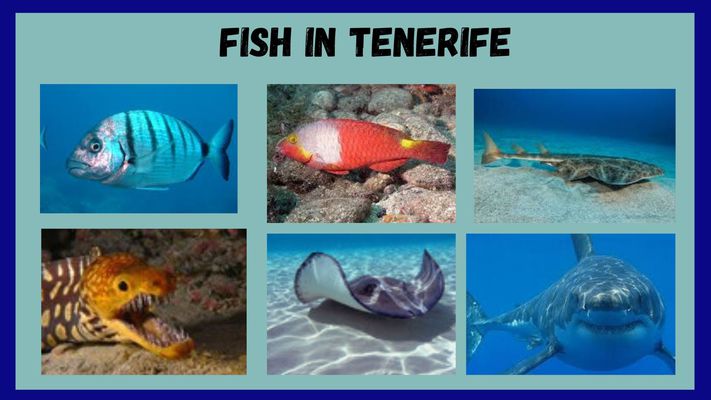
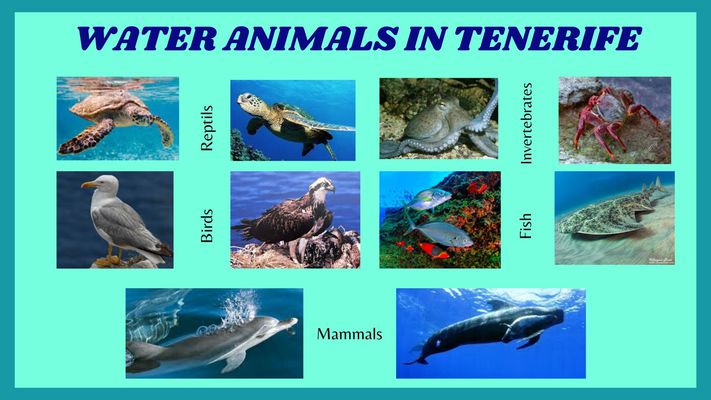
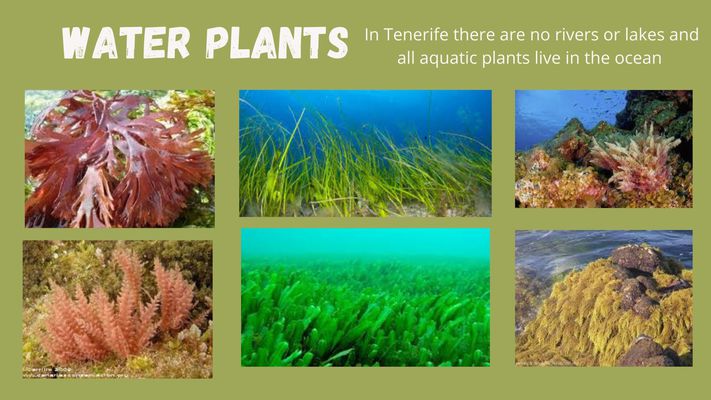
BIOLOGICAL WORLD
IN POLAND
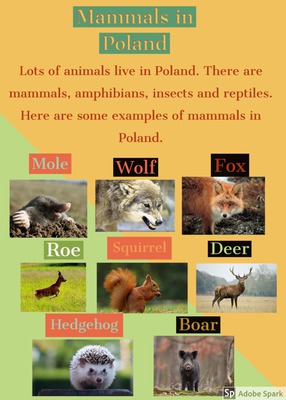
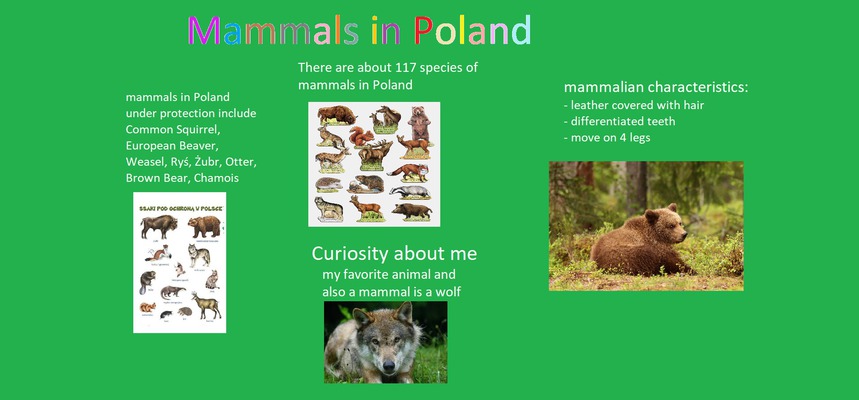
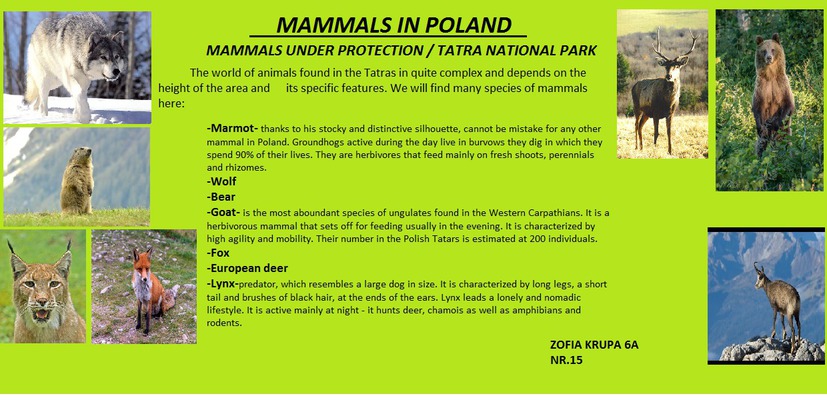
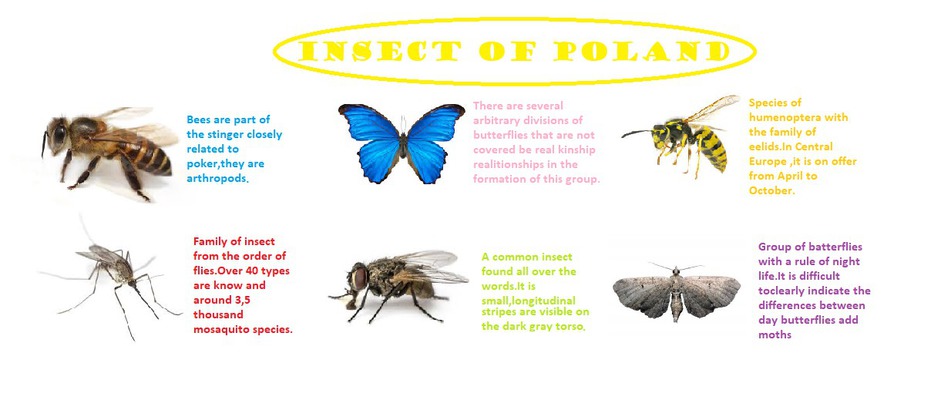
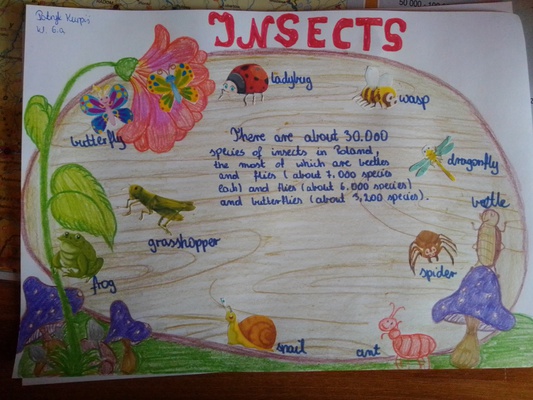
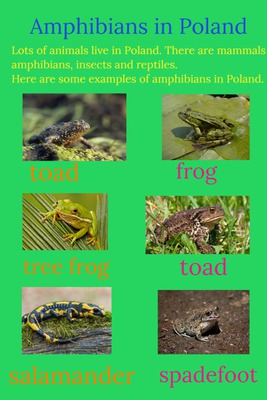
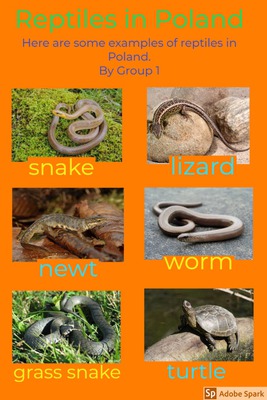
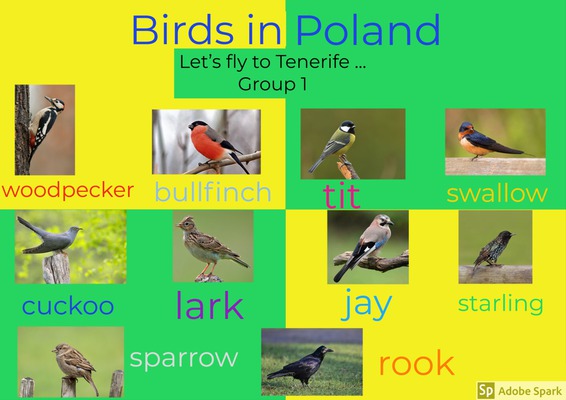
IN TENERIFE
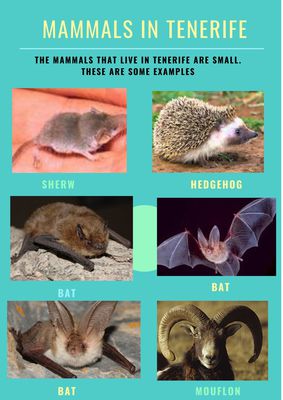
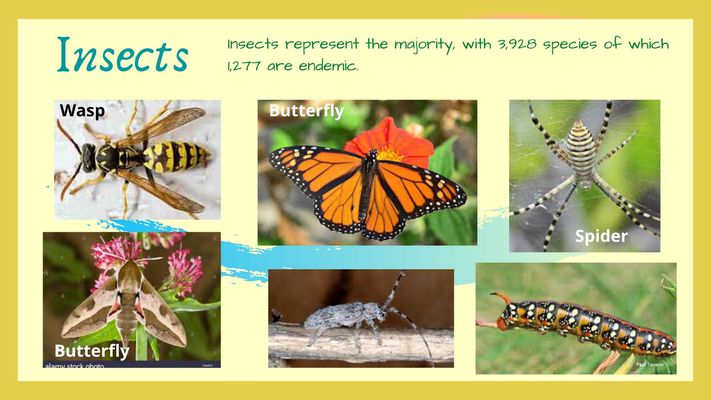
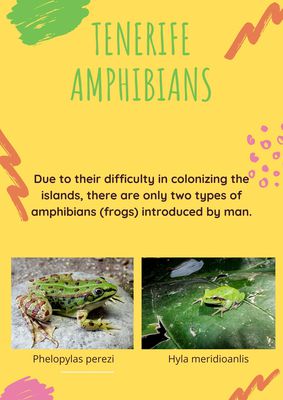
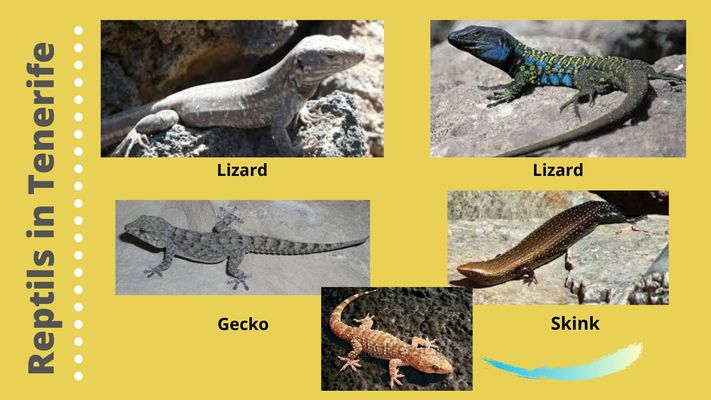
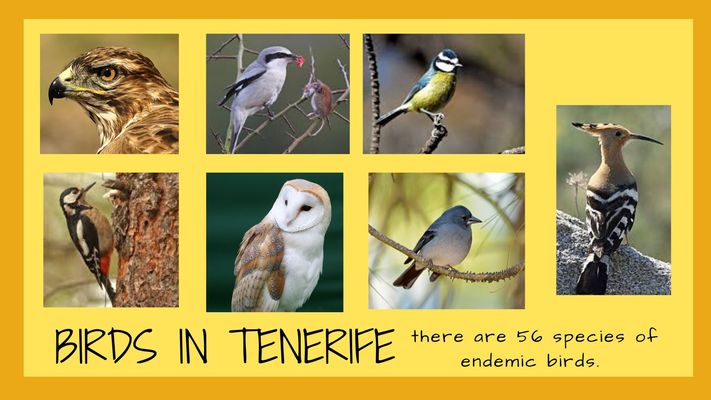
NATIONAL PARKS IN POLAND
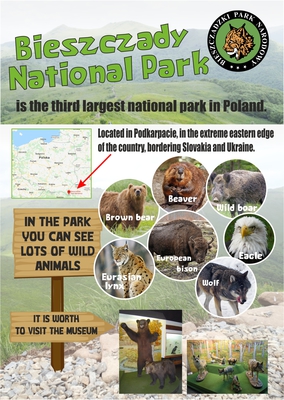
NATIONAL PARK IN TENERIFE